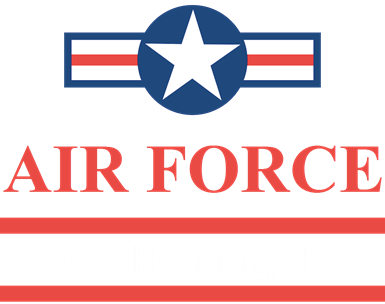Air Conditioning & Heating Repair Services
Premium Air Conditioning & Heating Repair Services in Conejo and San Fernando Valley, California
In the heart of Conejo and San Fernando Valley, California, where scorching summers and chilly winters demand reliable HVAC systems, Air Force A/C and Heating
stands as a beacon of expertise and trustworthiness. With two decades of dedicated service, our team has honed its skills to perfection, ensuring that homes and businesses alike enjoy optimal comfort throughout the year. We understand the frustration of a malfunctioning HVAC system and are committed to providing prompt, reliable repair services tailored to your needs. We're more than just technicians; we're partners in your comfort journey.
Our Services
Air Conditioning Repair
Our team of skilled technicians is proficient in diagnosing and repairing all types of air conditioning systems. Whether your AC unit is malfunctioning, leaking, or not cooling efficiently, we have the expertise to get it back up and running in no time.
Heating Repair
When the temperatures drop, you rely on your heating system to keep your home warm and cozy. If your heater is experiencing issues such as strange noises, uneven heating, or failure to turn on, our technicians can provide prompt and reliable repair solutions to restore comfort to your space.
Emergency Repair Services
HVAC emergencies can happen at any time, often at the most inconvenient moments. That's why we offer 24/7 emergency repair services to address urgent issues and prevent further damage to your HVAC system. Just give us a call, and we'll dispatch a technician to your location promptly.
Preventive Maintenance
Regular maintenance is key to prolonging the lifespan of your HVAC system and preventing costly repairs down the line. Our preventive maintenance services are designed to keep your air conditioning and heating systems operating at peak efficiency, saving you money on energy bills and ensuring year-round comfort.
System Upgrades and Replacements
If your HVAC system is outdated or inefficient, upgrading to a newer, more energy-efficient model can offer significant cost savings and improve indoor comfort. Our team can assess your current system and recommend the best upgrade or replacement options tailored to your needs and budget.
Schedule Your Repair Service Today!
When you choose Air Force A/C and Heating
for your air conditioning and heating repair needs in Conejo and San Fernando Valley, California, you can rest assured that you're partnering with a trusted and reputable HVAC contractor committed to keeping you comfortable year-round. Contact us today to schedule an appointment or to learn more about our services.

